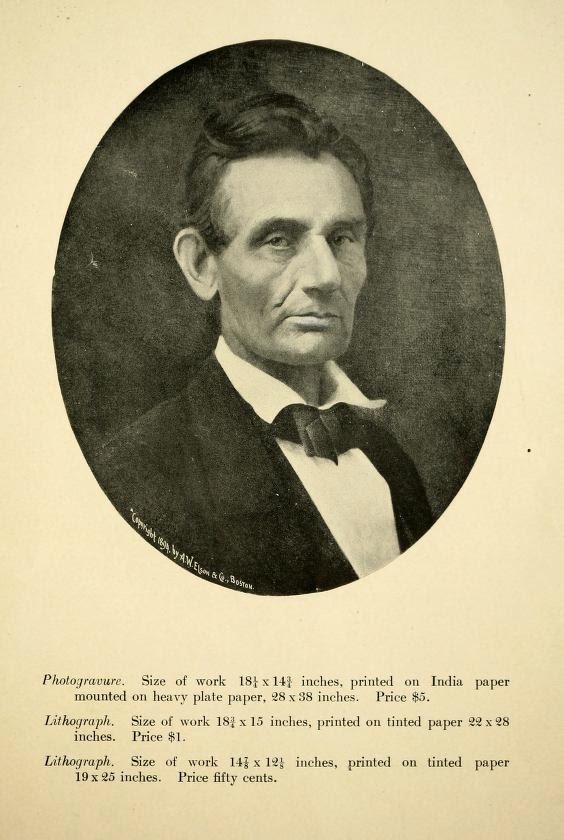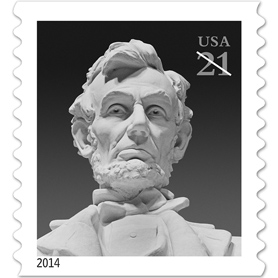In my search over the past ten years, this is a testimony I dreamed of finding. I did not even know of the existence of this particular document, though I was told in 2009 about a letter containing the testimony, the reason I kept searching. I consider it a gem, and I am grateful to God for enabling me to persevere with the search for a decade.
I am also grateful to Adam Winters, who is the keen Archivist at the James P. Boyce Centennial Library of The Southern Baptist Theological Seminary. He found it in microfilm among countless documents.
It is found on page two of The Chronicle.
The testimony, which concludes with the words, "I do love Jesus" is in the third column, near the bottom of the page:
The President buried his face in his handkerchief, turned away and wept. He then turned, and said: "When I left home to take this chair of State I requested my countrymen to pray for me. I was not then a Christian. When my son died, the severest trial of my life, I was not a Christian. But when I went to Gettysburg, and looked upon the graves of our dead heroes who had fallen in defence of their country, I then and there consecrated myself to Christ; I do love Jesus."
May there continue to be healing in this special country. And may we Christians be encouraged there is eternal life in Jesus Christ, and may those who are not Christians know there is indeed eternal life in Jesus Christ, who loves everyone.
Hunter
You are reading from the blog entitled, The Faith of Abraham Lincoln, by Hunter Irvine.
It is found on page two of The Chronicle.
The testimony, which concludes with the words, "I do love Jesus" is in the third column, near the bottom of the page:
The President buried his face in his handkerchief, turned away and wept. He then turned, and said: "When I left home to take this chair of State I requested my countrymen to pray for me. I was not then a Christian. When my son died, the severest trial of my life, I was not a Christian. But when I went to Gettysburg, and looked upon the graves of our dead heroes who had fallen in defence of their country, I then and there consecrated myself to Christ; I do love Jesus."
May there continue to be healing in this special country. And may we Christians be encouraged there is eternal life in Jesus Christ, and may those who are not Christians know there is indeed eternal life in Jesus Christ, who loves everyone.
Hunter
You are reading from the blog entitled, The Faith of Abraham Lincoln, by Hunter Irvine.





![[Abraham Lincoln, half-length portrait, facing right]](https://cdn.loc.gov/service/pnp/cph/3a10000/3a13000/3a13800/3a13881r.jpg)
![[Abraham Lincoln, half-length portrait, facing right]](https://cdn.loc.gov/service/pnp/cph/3a10000/3a10000/3a10300/3a10368r.jpg)
